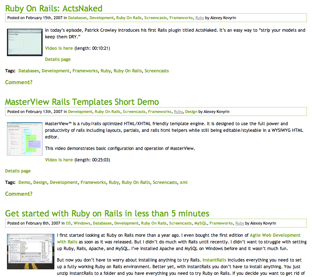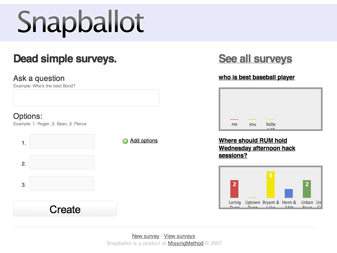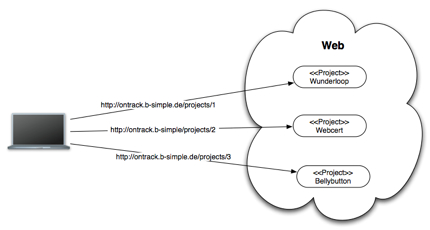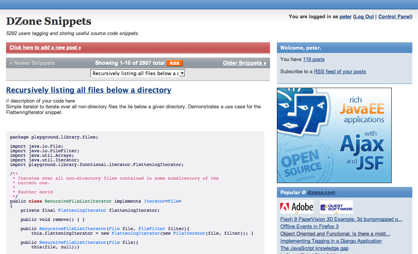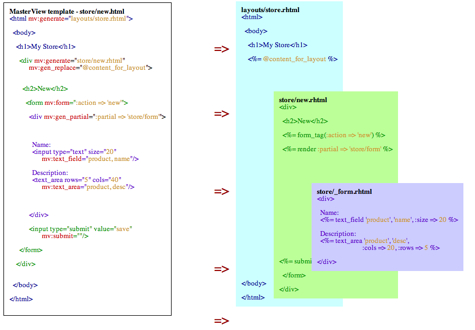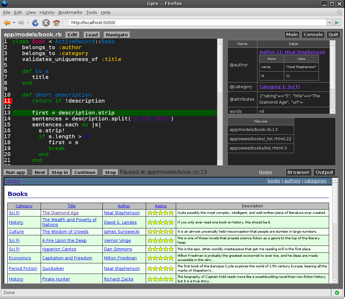By Peter Cooper / February 15, 2007

Pete Forde of Unspace, a Canadian Rails consultancy, writes:
We just posted a video of Ryan (McMinn) from Unspace doing a talk on building a successful business being a Rails consulting shop.
He talks about freedom, passionate developers, and the importance of hiring musicians.
I thought that it might be of interest to your readers, since working full time on Ruby projects is likely a dream many people have. They need to watch this video, finish dreaming, and quit their crappy day jobs.
It’s only 15 minutes and the recording quality is pretty good. If you have any thoughts on building a Rails consultancy or breaking away from your day job to become a full-time Rails developer, check it out. Read More
